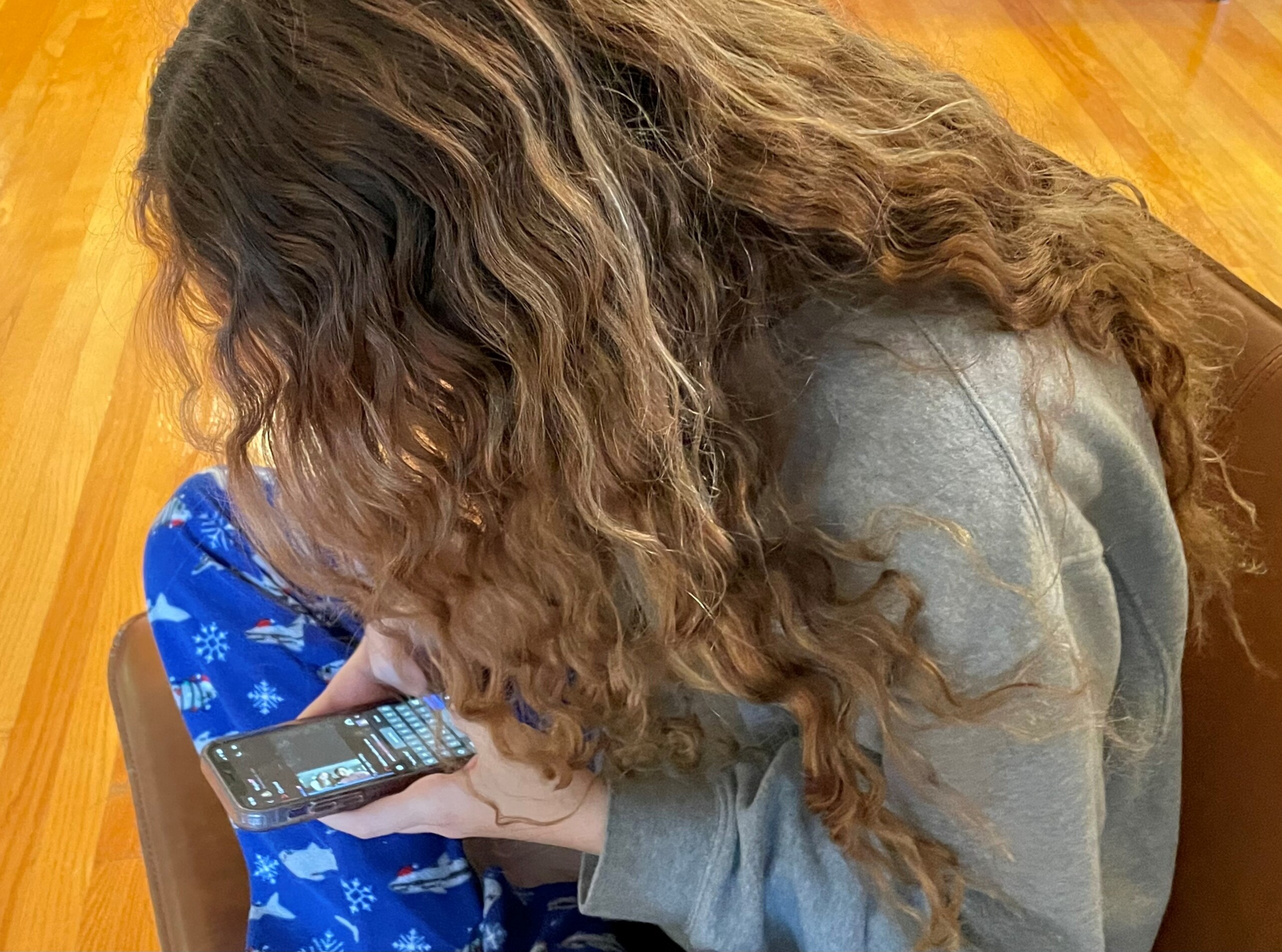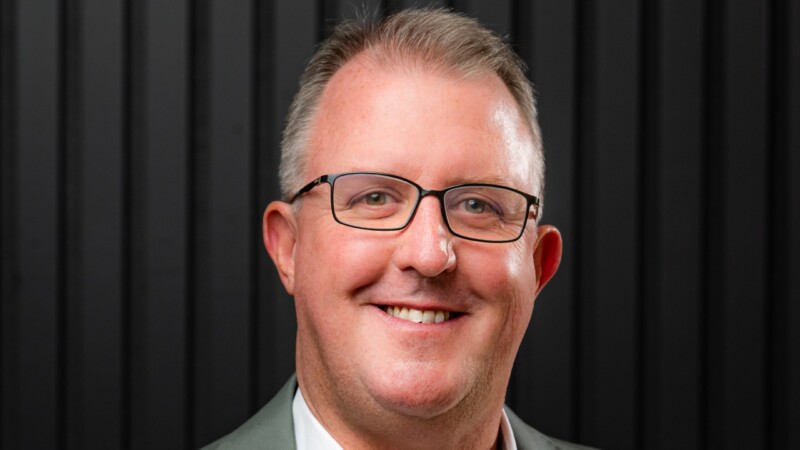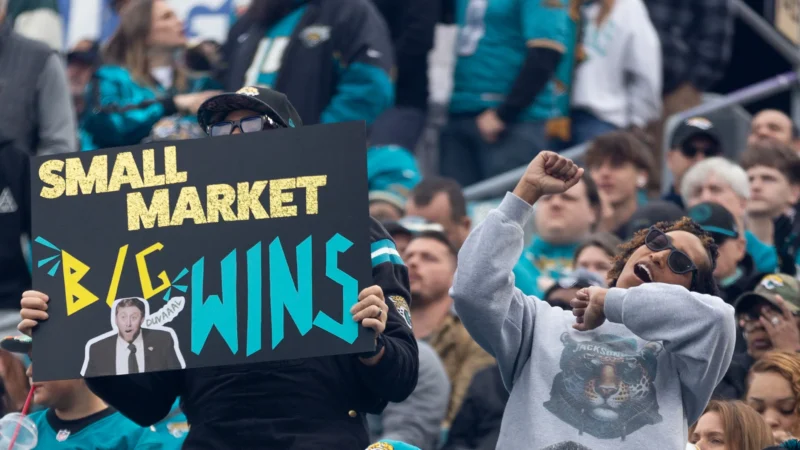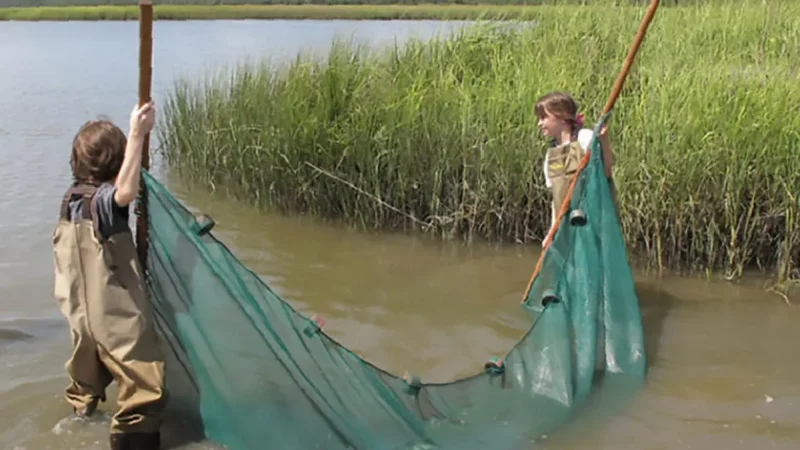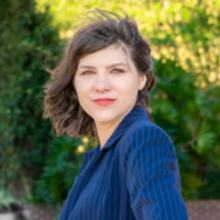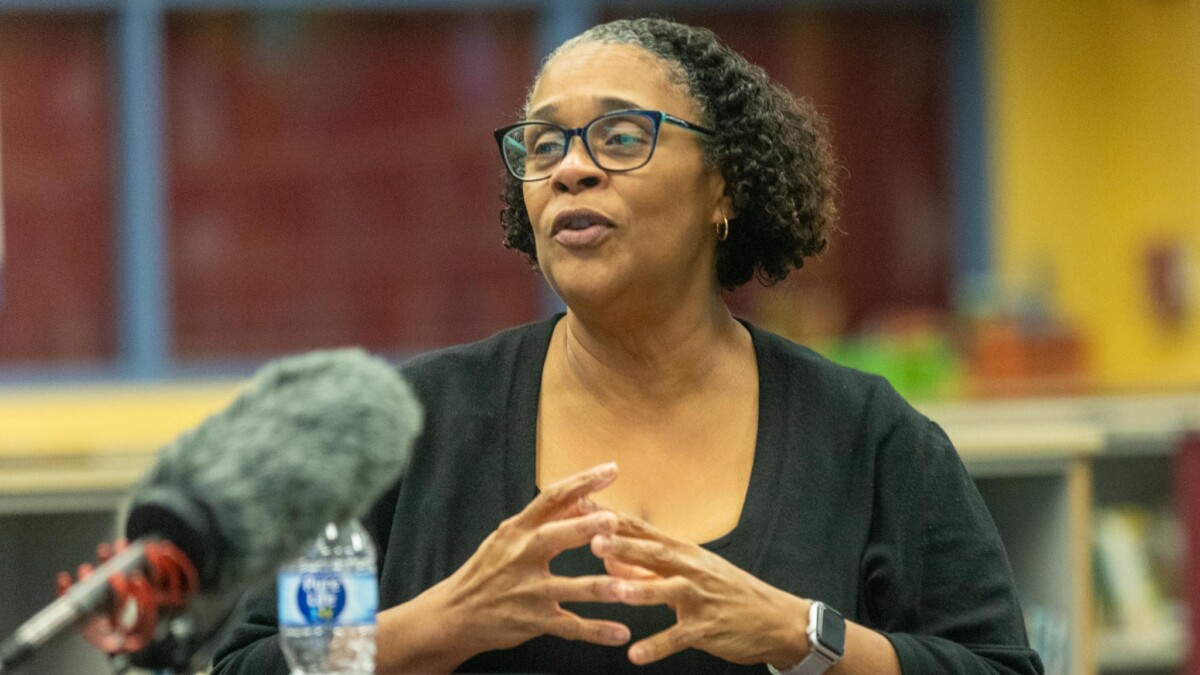Some children in Florida say they aren’t happy with state lawmakers’ efforts to kick them off popular social media platforms.
“I have practically all the social medias: Instagram, TikTok, Snapchat and a few others. I use it every single day. I think it’s amazing,” said Noah Raymond, 12, a seventh-grade student at Creekside Middle School in Volusia County. “Banning it would just be stupid.”
Facebook, Instagram and TikTok would likely become off-limits for Raymond and many other children across the state under a proposed ban on social media accounts for anyone under 16.
The measure (HB 1) is awaiting a floor vote in the Senate, after passing in the House with bipartisan support this month.
“People are going to rebel. There’s going to be massive petitions. There’s going to be massive protests,” Raymond said. “It’s going to be practically an all-out war with all the teenagers.”
Supporters of the measure argue that it’s needed to protect children from the harms of social media. Some critics highlight the benefits of using the platforms, while others say the bill would erode constitutional freedoms and parents’ rights to make choices for their children.
Under the proposal, social media companies would have to use age-verification software to make sure users are old enough, but it’s unclear how they would prevent children from bypassing that screening process.
Federal law already prohibits social media platforms from allowing children under 13 to create user accounts. And younger children can easily circumvent that requirement, as Republican state House Speaker Paul Renner recently explained to reporters.
“We know that kids well under 13 are on the platform now, and they’re doing absolutely nothing about it,” Renner said. “That’s why we need the level of protection and the bright line that we’re offering up, so that we know that kids are not being harmed by this.”
The damaging effects social media use has on people under 18 are well-documented, but there are advantages. For instance, the platforms can provide an outlet for self-expression and help children form friendships and communities with peers who share similar interests, abilities and identities, according to a recent advisory from the U.S. Surgeon General’s Office.
The report also cites numerous studies that show how social media use can lead to mental health problems, such as obsessive-compulsive disorder, anxiety, depression and eating disorders. It can also expose children to cyberbullying, online predators and inappropriate material.
And overuse is a problem. Young people can become addicted to the platforms, which employ algorithms designed to promote frequent use and infinite scrolling features. A 2017 study published in the peer-reviewed journal Scientific Reports shows that social media overuse has a similar effect on the brain as substance abuse or gambling addictions.
“Social media has been bad for kids — there’s no question about that,” said Gov. Ron DeSantis during a recent press conference. “I’m not saying there aren’t any good things, but it’s been a net-negative.”
Despite his views on the harms of social media, DeSantis indicated he wouldn’t sign the legislation if he doesn’t believe it could pass legal muster. Similar legislation in Arkansas and other states has been blocked by the courts on First Amendment grounds.
Social media helps some children find community
Felix Nickel, 17, says social media helped him connect with other LGBTQ youth when he was younger and struggling to meet others like him.
“Had I not had access to internet in the way that I did, I probably would have been a pretty sad kid,” he said.
Nickel lives in Pinellas County, and was at the state Capitol last week to speak out against the proposed ban.
“Queer teens often end up living in isolation, whether they want to or not, and the internet allows a gathering spot where they can go somewhere without having to ask their parents,” he said.
Some children find socializing online easier than making friends in person, said Seth Doman, 14, a student at Creekside Middle School in Volusia County. “It’s helped me make a lot of friends.”
Losing access to social media would make him feel “a little lonely,” said Seth, who also describes the ban as “stupid.”
Opponents argue parents should have the final say
Critics of the bill have argued that parents should have the right to decide whether their children use social media.
During a Senate Fiscal Policy Committee meeting last week, state Sen. Shevrin Jones, D-Miami Gardens, said he switched his position on the proposed legislation after hearing from the public and researching the issue further.
“I know the harm that social media has brought to communities, but it is not the Legislature’s job to parent the parents in how they parent,” Jones said.
Republican state Sen. Jay Collins of Tampa said he’s “very torn” on the GOP-sponsored measure, but ended up voting in favor of it during the recent committee meeting.
“I struggle at my core with the parental rights aspect of this,” Collins said.
He explained that he voted in support of the measure after considering that social media is still relatively new, and the long-term effects that it can have on children are only now beginning to become understood.
“We used to use heroin as cough syrup,” Collins said. “We thought seat belts were bad.”
Some opponents of the bill say there are ways for young people to keep their social media use in check without an all-out ban.
For instance, Sophia Bevilacqua, 13, says overuse hasn’t become a problem for her.
“I use it a lot,” Bevilacqua said. “But I wouldn’t say I’m addicted to it because I have time limits on my phone.”
Sophia agrees with other critics of the measure who say parents should have the final say on whether their child uses the platforms.
“It’s not up to the state what kids can do with their phones and what they do online,” she said.
9(MDEwNzczMDA2MDEzNTg3ODA1MTAzZjYxNg004))


